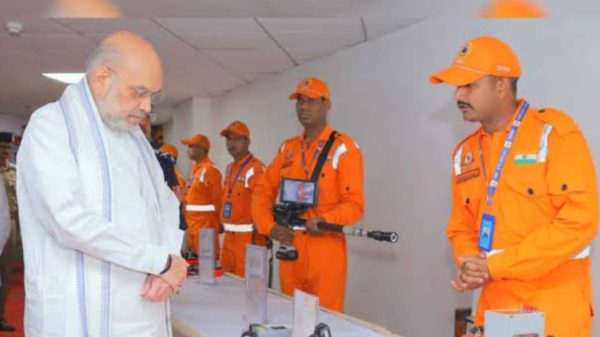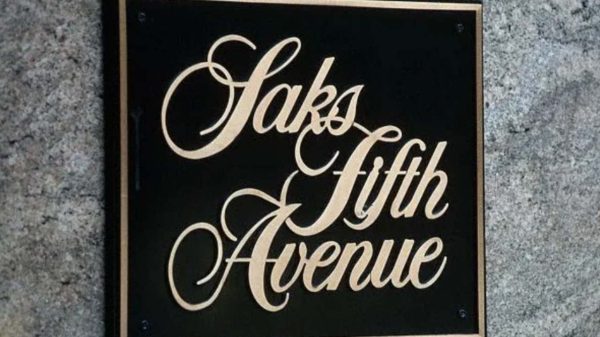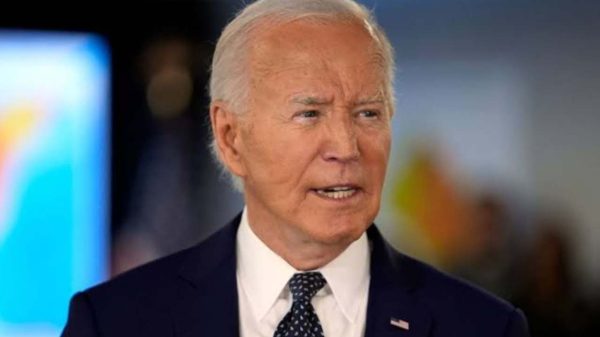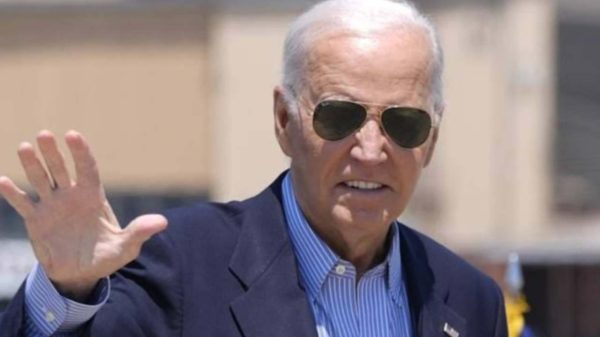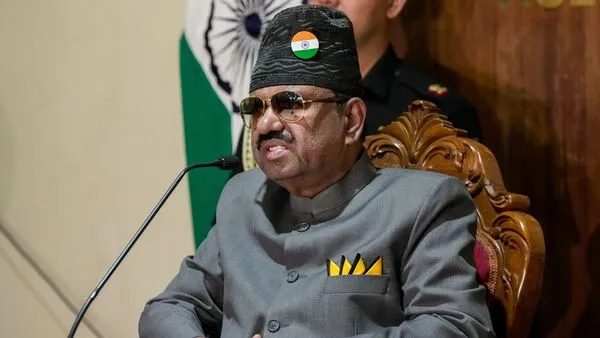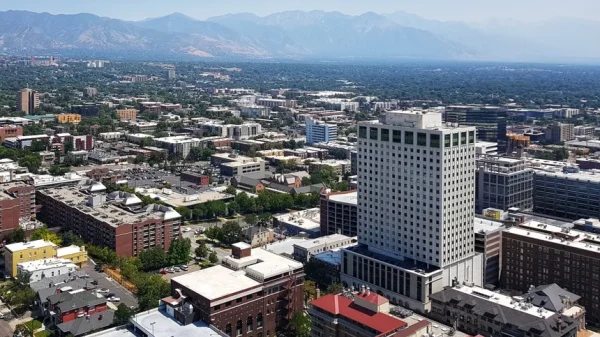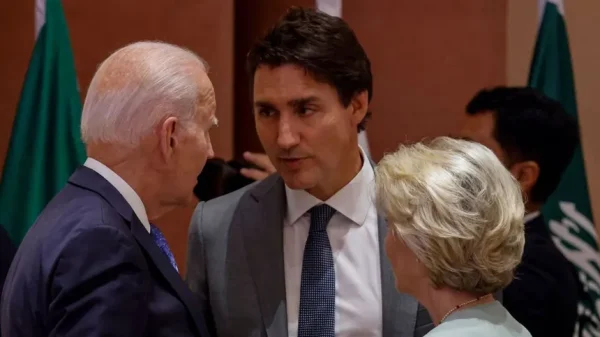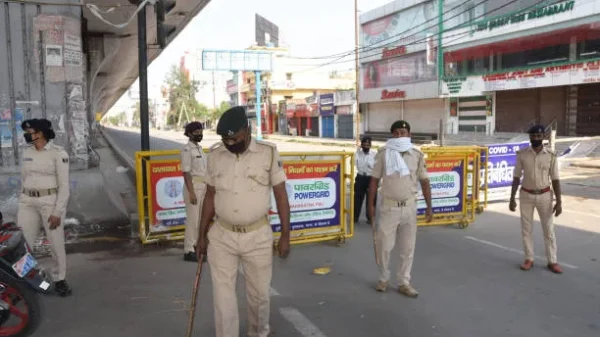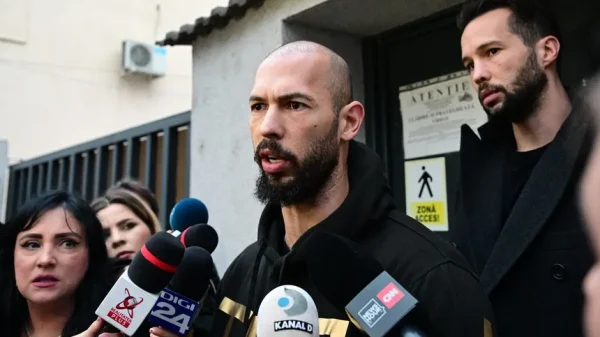Egypt’s efforts to mediate a ceasefire between Israel and Hamas have stalled due to lingering tensions and unresolved issues. According to officials, the proposed agreement, aimed at ending the 10-month conflict, is unlikely to be accepted by Hamas due to the lack of guarantees from Israel and mediators. The proposal requires Hamas to release civilian hostages captured in their October 7 attack without any guarantees of a permanent ceasefire. Furthermore, it fails to specify Israel’s withdrawal from the Philadelphi corridor and the Netzarim corridor east to west across Gaza.
Israeli Prime Minister Benjamin Netanyahu’s new demands, including the search of displaced Palestinians returning to northern Gaza, have added to the concerns. Hamas’ political official, Bassem Naim, has expressed skepticism about the proposal, citing the lack of guarantees and new demands. The situation is precarious, with aid groups warning of the risk of disease outbreaks and millions of Gaza residents forced to flee their homes. Egypt has told the US and Israel that it will not reopen the Rafah crossing, a crucial entry point for humanitarian aid, without the complete withdrawal of Israeli forces from the Palestinian side and the Philadelphi corridor.
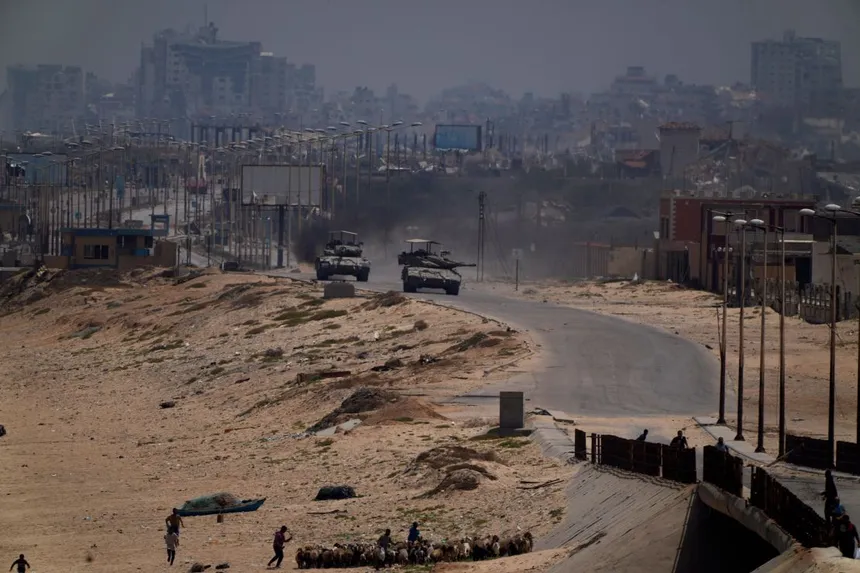
Egypt’s Peace Initiative Hits Roadblock over Israel-Hamas Tensions (Image via Getty)
The proposed agreement also does not guarantee a ceasefire during negotiations on the transition from the first phase to the second. This lack of commitment has led to growing fatigue and skepticism among many in Israel about Netanyahu’s commitment to securing a ceasefire deal. The war continues to ravage the region, with no end in sight. Egyptian officials are scheduled to meet with US and Israeli counterparts on Thursday and Friday in Cairo, hoping to revive the stalled talks. However, the roadblock appears to be a significant barrier to a lasting ceasefire, leaving millions of Palestinians trapped in a desperate situation.






